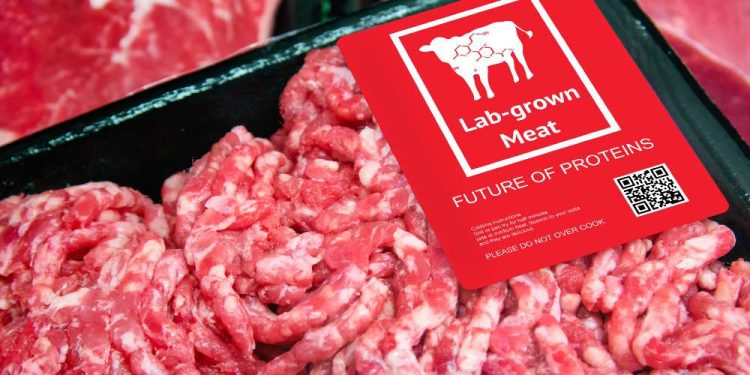(Natural News)—As climate change hysteria continues to be used as a tool to control the masses, World Health Organization Director-General Dr. Tedros Adhanom Ghebreyesus has warned that the world’s current food system is damaging people and the planet.
While that might be true in the sense that chemical-laden processed foods are indeed harming human health, he’s actually talking about traditional farming, which he claims is contributing to climate change, along with the usual demonization of meat consumption.
In a video address, he said: “Our food systems are harming the health of people and planet. Food systems contribute to over 30 percent of greenhouse gas emissions, and account for almost one-third of the global burden of disease. Transforming food systems is therefore essential by shifting for this healthier, diversified and more plant-based diets.”
After claiming that 8 million people’s lives could be saved each year with healthier diets, he went on to announce the WHO’s commitment to supporting countries in implementing policies aimed at improving people’s diets and stemming climate change. More than 130 countries have already signed a declaration to this effect, he said.
A United Nations nutrition page entitled “For People, Planet and Prosperity: Nutrition at COP28” refers to the adoption of a new initiative known as the “Global Stocktake.” This is an agreement to move away from depending on fossil fuels and toward “climate-resilient food systems.”
At the recent COP28 summit, the UN Food & Agriculture Organization (FAO) published food guidance for first-world countries aimed at decreasing carbon emissions, and their message to wealthy nations was to eat less meat.
“Nations that over-consume meat will be advised to limit their intake, while developing countries — where under-consumption of meat adds to a prevalent nutrition challenge — will need to improve their livestock farming, according to the FAO,” Bloomberg reported about the guidance.
One might expect that those attending the UN climate summit and pushing for wealthy nations to stop eating meat would lead by example. However, on the menu at the COP28 summit was a variety of food offerings such as “slabs of succulent meat”, “juicy beef”, wagyu burgers, African street BBQ and Philly cheesesteaks, among other meat-based dishes.
Representative Mike Flood (R-Nebraska) said in a statement: “COP28 putting meat on the menu just proves that we need beef and all kinds of meat to help feed the world. And that’s why I’ll keep fighting the U.N. and the global elites who are trying to kill meat production, which would only shatter the world’s food security and end an age-old way of life for millions of farmers and ranchers around the world.”
Globalists want people to eat less meat and more insects
The EAT-Lancet Commission, a panel of agriculture, climate and nutrition experts, recommends that people do not consume more than 15.7 kilograms of meat per year; the average American is consuming around 127 kilos of meat per year. The figure for those in the Democratic Republic of Congo is just 3 kilograms.
As part of the campaign against meat, there has been a very big push for people to start consuming bugs and artificial “meat” as these options are more “sustainable” and do not consume the resources that traditional livestock does. According to the World Economic Forum, edible insects are capable of providing quality protein and are better for the environment.
However, the question remains whether any of this is really necessary. Critics point out that the American agriculture industry only makes up around 1.4 percent of global emissions and just 10 percent of greenhouse gas emissions, with China producing more greenhouse gases than every other developed nation in the world combined.
Sources for this article include:



